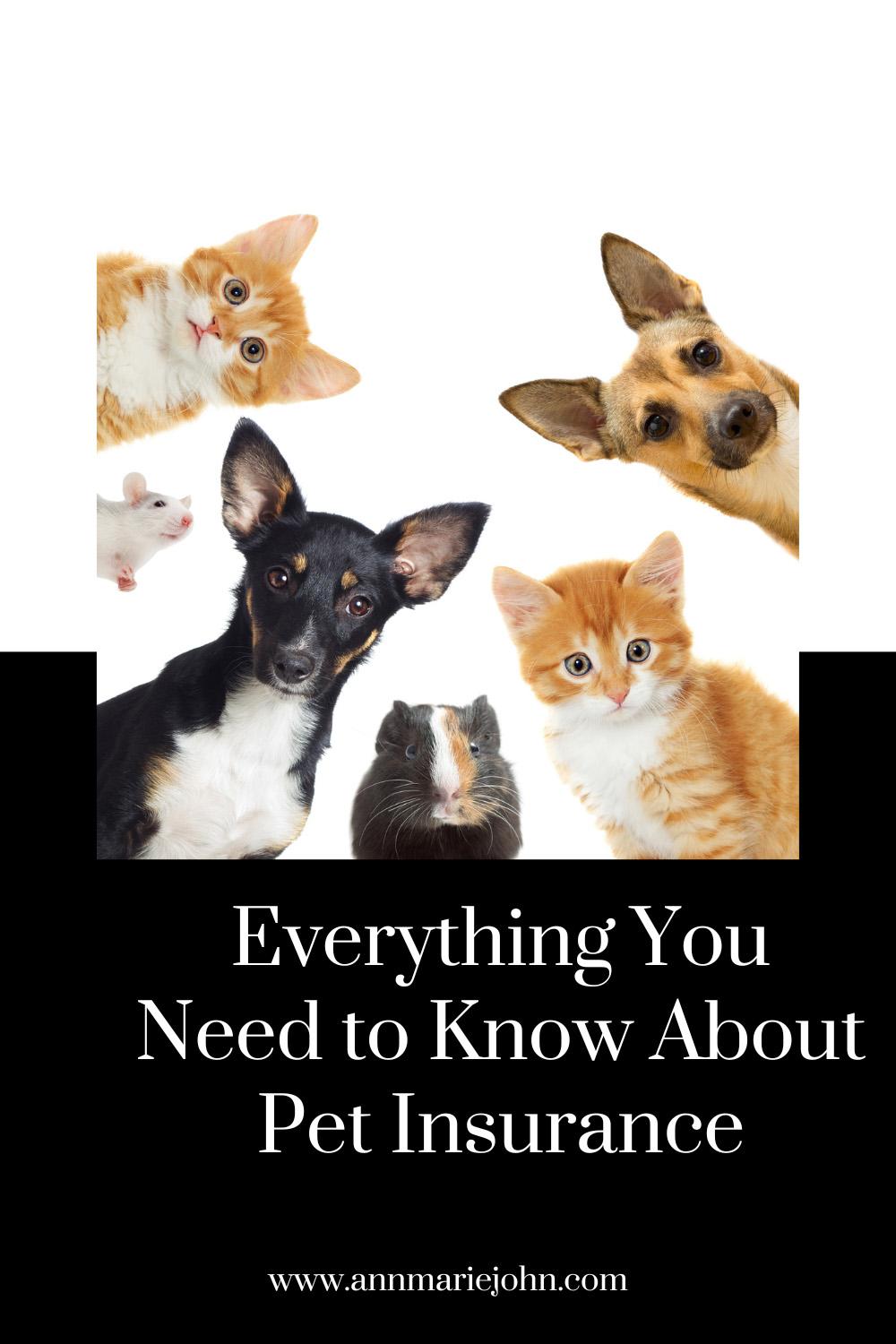Learn about pet insurance and how it can help you protect your furry friend in case of an accident or illness.

When it comes to caring for your pet, insurance is an important consideration. Pet insurance can help cover the costs associated with veterinary care, medications, and other treatments that your pet may require. To help you make a more informed decision about pet insurance for your furry friend, here are some important facts you need to know about pet insurance.

1. Consider the cost
Pet insurance can be expensive, and you need to factor in the cost before you decide to buy a policy. Be sure to compare rates from different insurers and look for discounts or special offers that might make the policy more affordable. Many companies offer discounts for signing up multiple pets, paying premiums automatically each month, or enrolling in specific wellness plans. If you ask “how much does it cost to insure a pet”? You can research on the internet, or you can contact pet insurance providers directly for a more accurate quote. It’s also important to know exactly what the policy covers, so you can make sure that you are adequately protected against any unexpected veterinary costs.
2. Pre-existing conditions may not be covered
When purchasing pet insurance, it’s important to understand what type of coverage is offered and any restrictions that may apply. Most pet insurance policies will not cover pre-existing medical conditions; this means that any illness or injury your pet has before obtaining coverage will not be eligible for reimbursement. Make sure you read all of the fine print of the policy carefully and understand what is (and isn’t) covered before signing up.
3. Regular check-ups are important
Having pet insurance doesn’t mean you can neglect your pet’s health care needs. It’s still essential to take your pet for regular check-ups with the veterinarian and make sure they receive all recommended vaccinations, treatments, medications, and other preventative care. Some insurers may require that pets receive routine examinations and specific treatments before they will reimburse medical costs. Additionally, some policies limit coverage if a pet has not been taken in for regular wellness visits or tests.
4. Choose the right deductible
When selecting a pet insurance policy, it’s important to choose the right deductible. A higher deductible can lead to lower premiums, but it can also mean that you’ll pay more out-of-pocket if your pet does incur medical costs. To find the best policy for you and your pet, consider how much money you’re willing to spend each month on premium payments and what kind of coverage is important for your pet’s specific needs.
5. Consider the reimbursement rate
Another important factor to consider when buying pet insurance is the level of reimbursement you will receive for any medical expenses incurred by your pet. Most policies reimburse up to 80 percent of veterinary costs, though some may offer a higher or lower percentage depending on the type of coverage purchased. When comparing pet insurance policies, it’s important to pay close attention to the reimbursement rate to determine which policy will provide you with the best coverage for your pet.
6. Ask the professionals
If you’re still feeling uncertain about pet insurance or are having trouble finding a policy that meets your needs, it can be helpful to consult with a veterinarian or other pet care professional. They may offer advice and suggestions based on their experience with different policies, as well as tips for staying organized and reducing costs associated with caring for your pet. It’s also a good idea to ask your friends and family for recommendations, as they may have valuable insight into their own experiences with pet insurance.
Why is pet insurance important?
Pet insurance is an important way to provide financial protection for pet owners in the event of unexpected veterinary bills. It can help cover the cost of treatments, medications, and other medical services that may not be covered by traditional health insurance policies. Additionally, it can provide peace of mind knowing that you are prepared should your pet become ill or injured. Taking the time to research and compare policies before signing up will help ensure that you find the best coverage for your needs. If you have questions, don’t hesitate to reach out for help and advice. With the right policy in place, you can rest assured that your pet will be taken care of should any unexpected medical costs arise.
In Conclusion
By considering these factors, you can make a more informed decision about pet insurance and be better prepared for any medical costs associated with caring for your beloved animal companion. With the right pet insurance plan in place, you can have peace of mind knowing that you are protected against unexpected veterinary bills. So, make sure to research your options and select the policy that best fits your pet’s unique needs.
